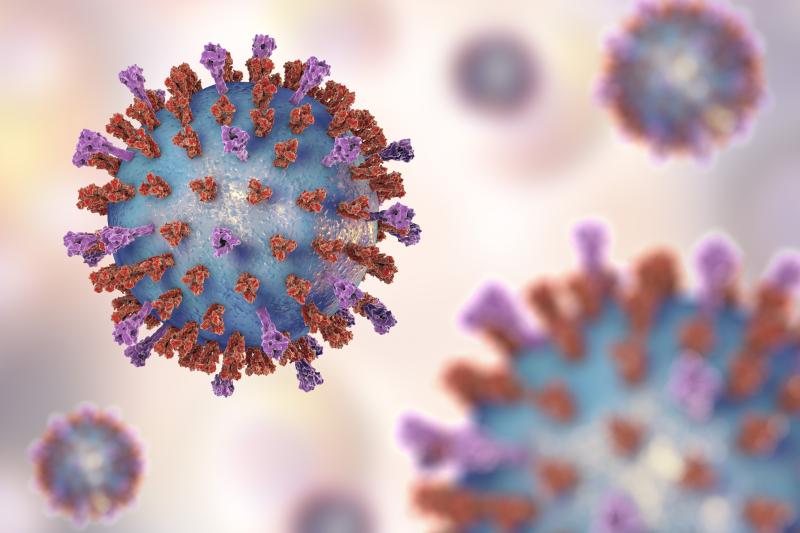
Use of azithromycin or subcutaneous immunoglobulins (SCIg) in combination with standard asthma medications in the management of patients with severe asthma (SA) and antibody deficiency (AD) improves SA control and reduces the frequency of exacerbations, as shown in a study.
The 5-year, prospective, observational study included 39 patients (mean age, 59 years; 49.15 percent female) with SA and AD, among whom 14 were given azithromycin (250 mg every other day) and 25 SCIg (0.4–0.6 g/kg/months, weekly) to treat AD for 1 year. All patients were treated with a combination of high-dose inhaled corticosteroids (>1,000 μg/day of beclomethasone or its equivalent) and a long-acting beta agonist.
Prior to the initiation of AD treatment, the overall population had uncontrolled asthma, as indicated by an Asthma Control Questionnaire (ACQ-7) score of >1.5 (mean, 2.71) despite treatment at Global Initiative for Asthma (GINA) step 4 or 5.
Furthermore, the exacerbation rate was high. More than 90 percent of the population had experienced at least five exacerbations within the year prior to the treatment of AD. All these episodes (n=285; mean, ~7.2 per patient/year) were caused by infections and required antibiotics. The bacteria involved were Haemophilus influenza (15 percent), Streptococcus pneumoniae (13 percent) and Pseudomonas aeruginosa (5 percent), among others.
The treatment of AD substantially decreased the number of asthma exacerbations requiring oral corticosteroids or antibiotics, with the annual number of exacerbations dropping by at least 50 percent in the entire population and by at least 75 percent in 37.5 percent of patients.
There were significant improvements observed in FEV1 (mean, 0.18 L) and ACQ-7 score (mean, 1.26). Specifically, 60 percent of the patients achieved an ACQ-7 score of ≤1.5.
In light of the findings, researchers underscored the importance of screening for AD (ie, by measuring serum levels of Ig and IgG subclasses) and appropriate treatment in asthmatic patients with a history of exacerbations triggered by recurrent respiratory infections.